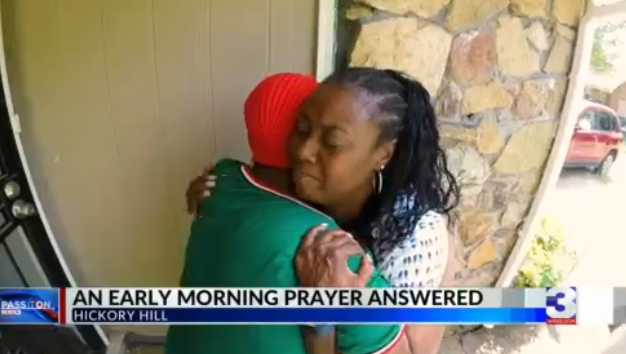MEMPHIS, Tenn. — Another Tunica Casino will stop gambling operations this summer.
Penn National Gaming announced that it would close the Resorts Casino Tunica on June 30, leaving a six casinos in a county that boomed on gambling revenue in the 1990s.
The company, based in Wyomissing, Pennsylvania, said that it has nearly 200 employees at Resorts and will try to place them at one of Penn National’s other two casinos in Tunica County. The company bought Resorts and what is now 1st Jackpot in March 2017, paying $44 million for two distressed casinos that had been taken over by their lenders. The company also operates Hollywood Casino Tunica, which is next door to Resorts.
Penn National leases the properties from Gaming and Leisure Properties Inc.
Tunica County boomed when gambling was legalized in 1992, becoming the only gambling destination for hundreds of miles. But employment at casinos peaked at 13,000 jobs in 2001, falling to less than 5,000 now, and revenues have been falling since 2006. Revenues in Tunica have shown an uptick in recent months since Mississippi legalized sports betting, but it’s unclear if that will be a long-term improvement.
Resorts was the smallest casino remaining in terms of slot machines and table games after Caesars Entertainment closed Tunica Roadhouse closed in January. Caesars closed the massive Harrah’s Tunica Hotel & Casino in 2014 when it was in bankruptcy.
Tunica has suffered in part because of increased gambling competition in Arkansas and other states. Arkansas voters earlier this month approved a referendum allowing four full-fledged casinos, including one at Southland Gaming & Racing in nearby West Memphis. Arkansas tax figures show Southland won $222 million from gamblers in the 12 months ended June 30, up more than 50 percent since 2014. Operator Delaware North announced a $250 million expansion of Southland in January.
“With our acquisition of Resorts Casino as part of the two property deal, we knew we were acquiring an aging barge in need of significant capital improvements,” Al Britton, Penn National’s senior vice president of regional operations, said in a statement. “While we did everything in our control to keep the property profitable over the last two years, increased competition from recent gaming expansion in Arkansas continues to drive the property’s business volumes lower.”
The closure means less tax revenue for state and local governments. Tunica County has struggled with declining tax revenue, with county supervisors having to step in and subsidize a full-time fire department that protects the unincorporated area of the county that includes the casinos because property tax collections fell after Harrah’s closed. A private utility district also defaulted on its bonds after Harrah’s closed.

























